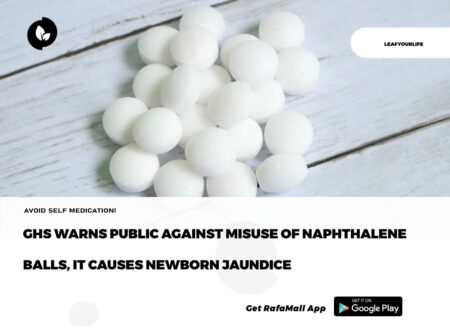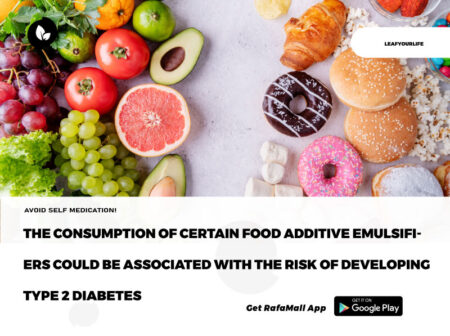
Tens of thousands of tonnes of extra medical waste from the response to the Covid-19 pandemic has put tremendous strain on health care waste management systems around the world, threatening human and environmental health and exposing a dire need to improve waste management practices, according to a new World Health Organisation (WHO) report.
The WHO Global analysis of health care waste in the context of Covid-19 status, impacts and recommendations bases its estimates on the approximately 87,000 tonnes of personal protective equipment (PPE) that was procured between March 2020 – November 2021 and shipped to support countries’ urgent Covid-19 response needs through a joint UN emergency initiative. Most of this equipment is expected to have ended up as waste.
Today, 30% of healthcare facilities (60% in the least developed countries) are not equipped to handle existing waste loads, let alone the additional Covid-19 load. This potentially exposes health workers to needle stick injuries, burns and pathogenic microorganisms, while also impacting communities living near poorly managed landfills and waste disposal sites through contaminated air from burning waste, poor water quality or disease carrying pests.
The analysis comes at a time when the health sector is under increasing pressure to reduce its carbon footprint and minimise the amount of waste being sent to landfill – in part because of the great concern about the proliferation of plastic waste and its impacts on water, food systems and human and ecosystem health, reports WHO.











